For the past few years at Glastonbury, sign language interpreters have gone viral on social media for enthusiastically signing songs beside the stage. But those clips tell us nothing about what the overall experience of the festival is like for deaf people. How do deaf people experience and enjoy live music, and how do they create their own alternative space which is not focused around sound?
I am deaf and use British Sign Language (BSL) as my preferred language. As well as my academic job teaching BSL and Deaf studies at York St John University, I am also one of the coordinators of DeafZone. It’s a small charity which organises, among other things, the BSL interpreters of events like Glastonbury.
But a key reason for setting up DeafZone was to instigate a space for cultural exchange. In the DeafZone, the more progressive, open-minded people who are attracted to Glastonbury’s tradition as a space of radical thought and alternative lifestyles may be open to learning more about deaf people, our languages and cultures.
An absolutely key element of deaf people’s experience of festivals is the creation of alternative deaf spaces. Deaf people do not experience festivals in the same way as hearing people in more ways that the simple absence of sound.
We create our own spaces which are visual and tactile. The interpretation of song lyrics into BSL is only a small, albeit very visible, part of this alternative festival space.
Looking for something good? Cut through the noise with a carefully curated selection of the latest releases, live events and exhibitions, straight to your inbox every fortnight, on Fridays. Sign up here.
People often look at me strangely when I tell them that one of my best every festival experiences was in a portaloo. Understandable, I suppose, when you consider what usually happens in portaloos in festivals.
However, this particular experience was focused on the way in which the plastic walls of the portaloo acted as a gigantic amplifier of the sound vibrations in the air. This made the inside of the loo an intensely tactile experience of music, with different frequencies vibrating through different parts of my body.
A less smelly way of accessing this tactile experience of music is through plastic drinks holders or balloons. Balloons can be a risky option, however, as security sometimes confiscate them under the impression that they are full of nitrous oxide. This is frustrating, but can result in conversations which invite them into the lived deaf space we are inhabiting and give them an alternative way of appreciating music which does not rely on sound.
Of course, deaf people often also simply position themselves directly in front of the sound stacks. But the key is that the experience of sound is again a physical, tactile one, subverting the idea that music must be enjoyed as an auditory experience.
The values of the space created have some overlaps with those of the wider festival. Deaf spaces centre the use of signed languages. Their creators – including myself – firmly believe that deaf children should have access to signed languages from birth to stave off language deprivation.
We also resist the medicalisation of deafness. These are beliefs which find common ground in the radical political roots of Glastonbury, in which ideas of equality and acceptance are core principles.
This means that at its heart, the festival is a very welcoming space for deaf people, regardless of whether there is a shared language or not. There’s a shared respect for humanity that transcends language modality.
This comes back to the fact that DeafZone is not just about organising interpreters for access to song lyrics. We give non-signing people a chance to engage with us in our space, to appreciate our values, and to learn about the mistreatment that deaf communities and cultures have suffered.
Regardless of whether you’re deaf or hearing, the uniqueness of the Glastonbury festival provides opportunities to learn from each other and enjoy each other’s languages. If that includes room for dancing together to your favourite band, so much the better.
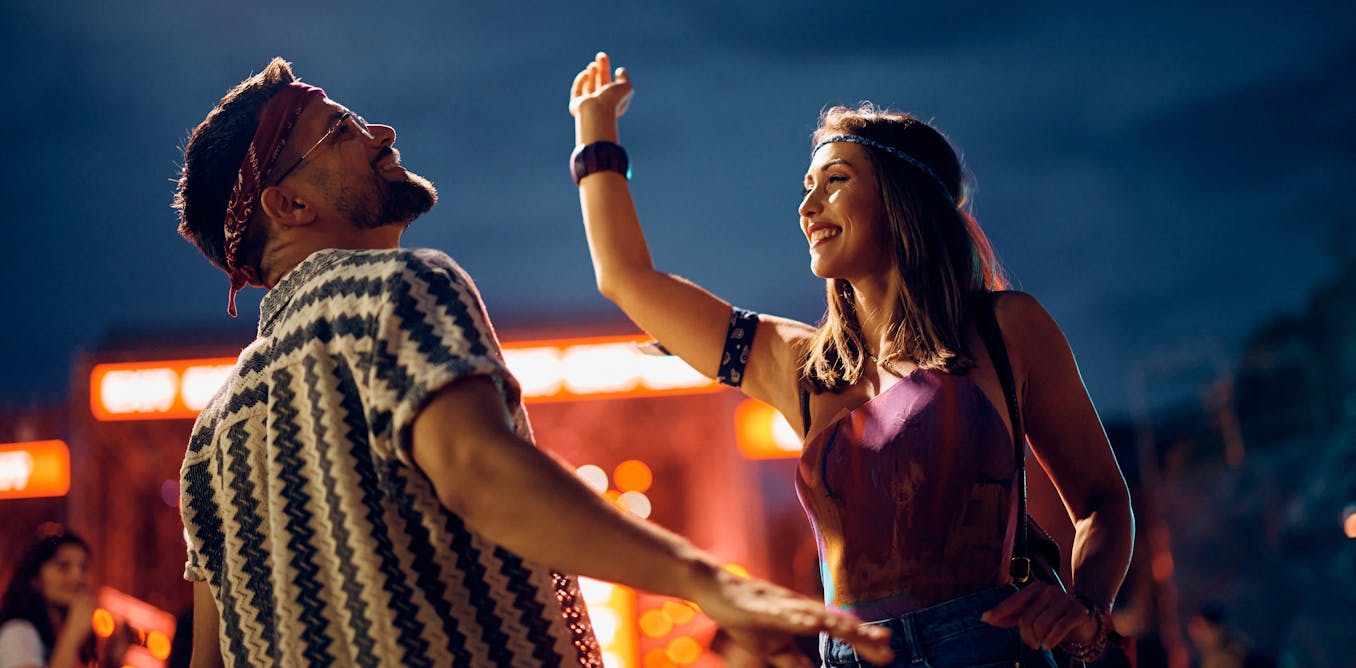
The post “What Glastonbury is like for deaf people – one of the festival’s DeafZone coordinators explains” by Dai O’Brien, Associate Professor, BSL and Deaf Studies, York St John University was published on 06/24/2025 by theconversation.com






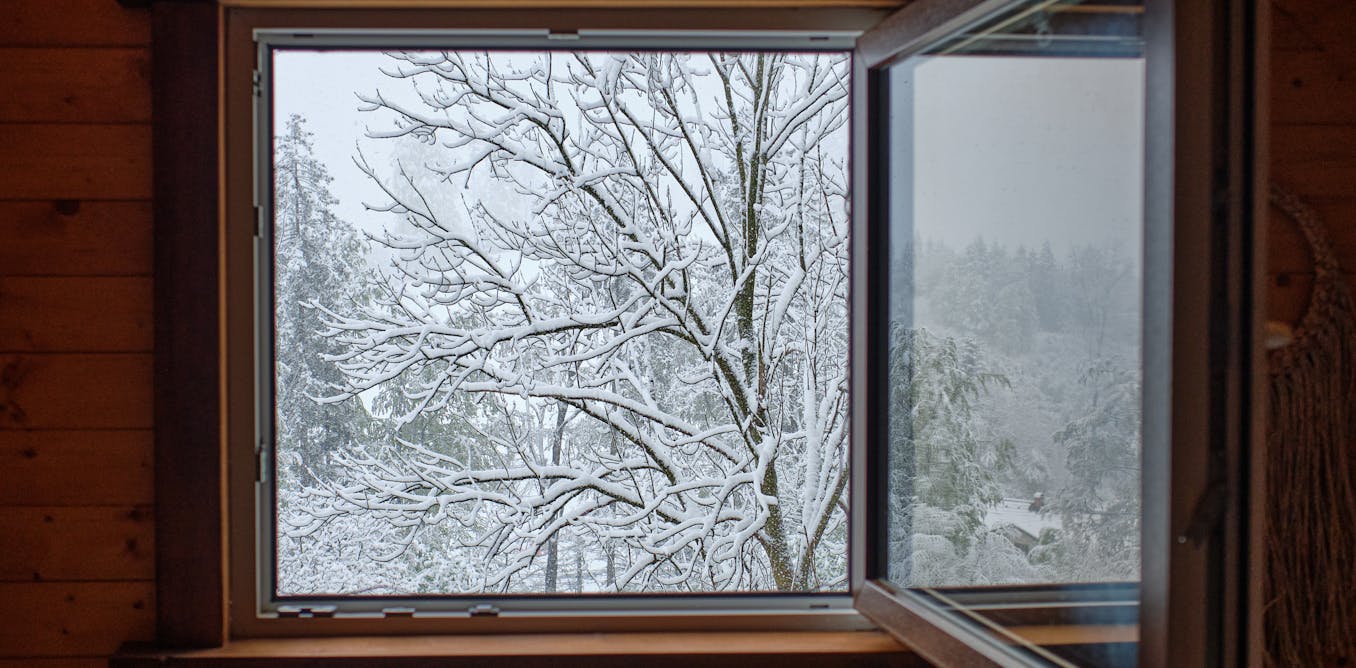

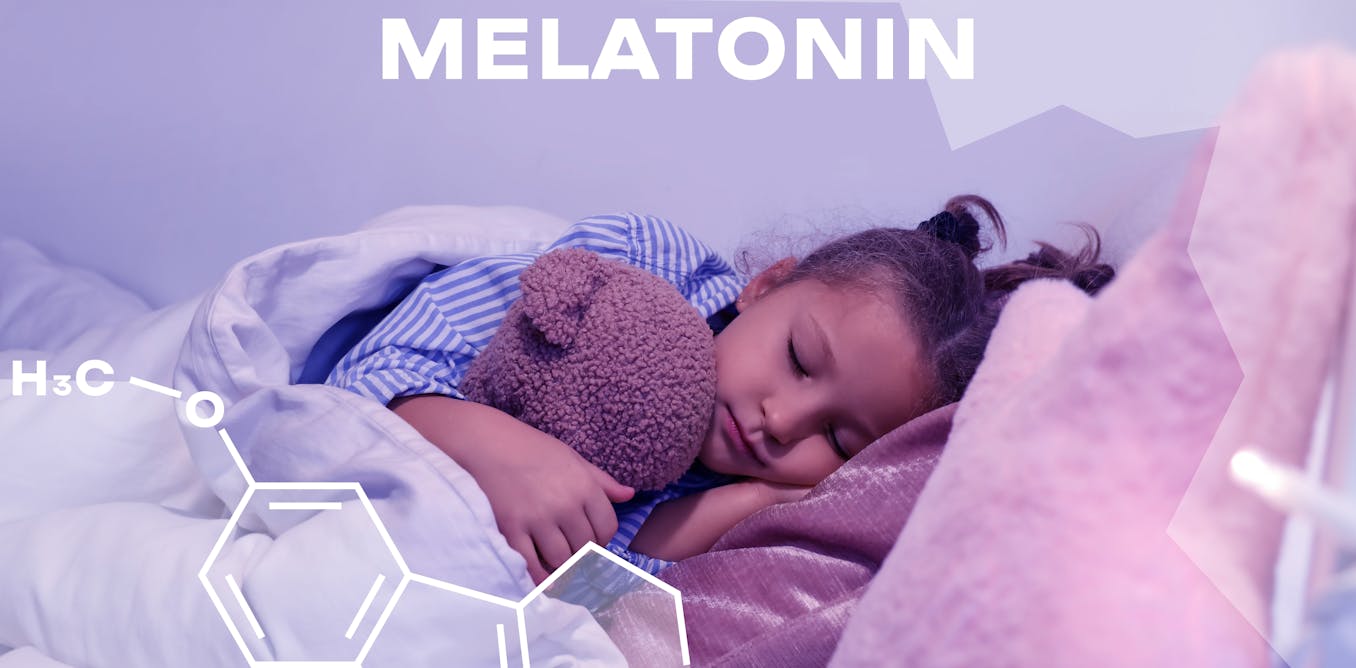

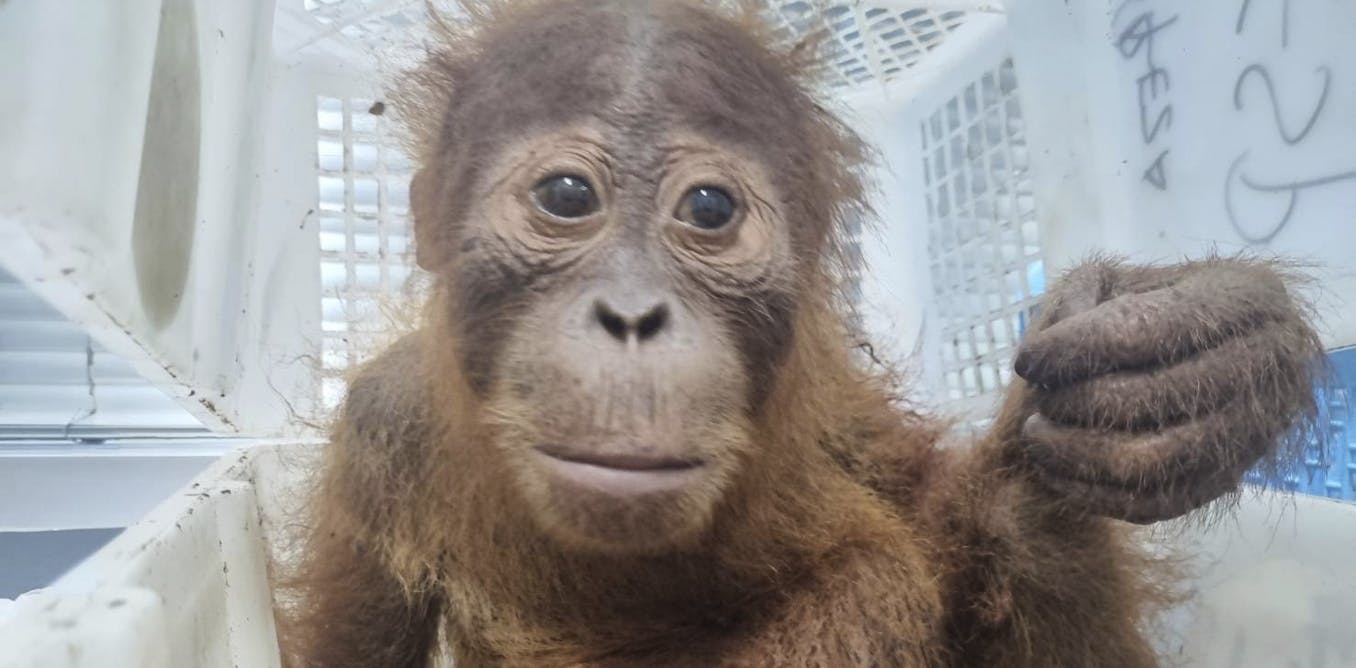
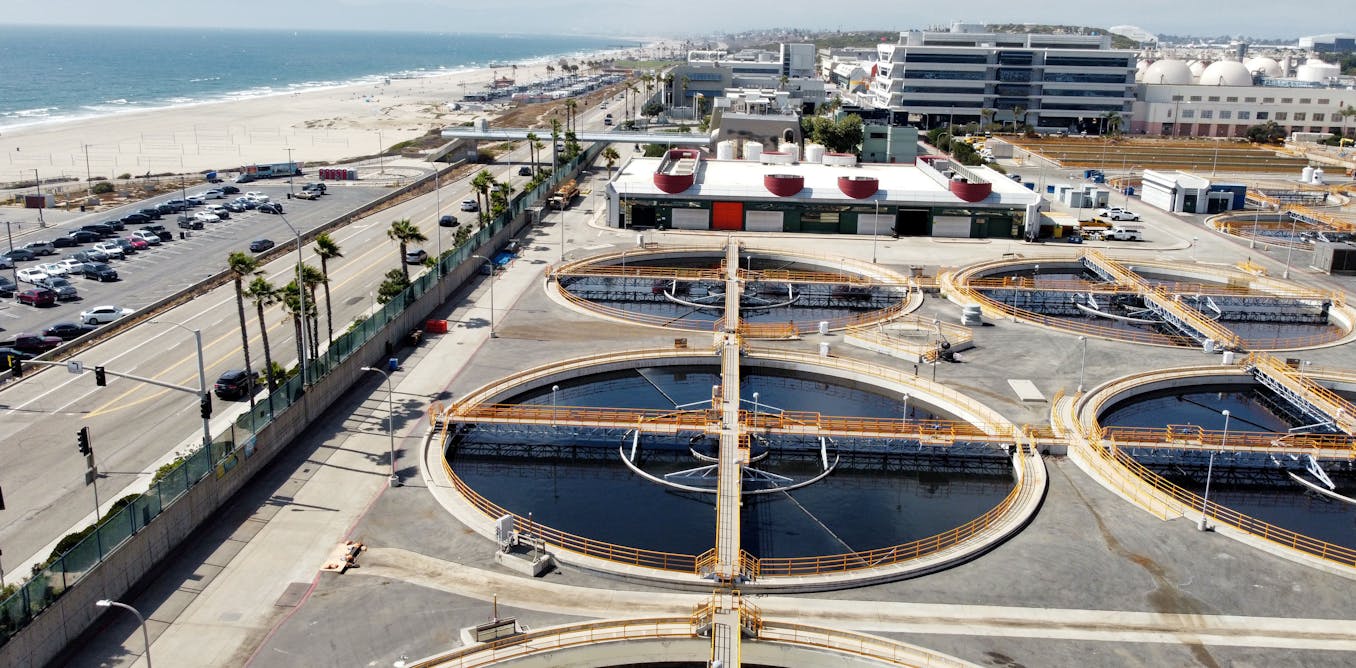
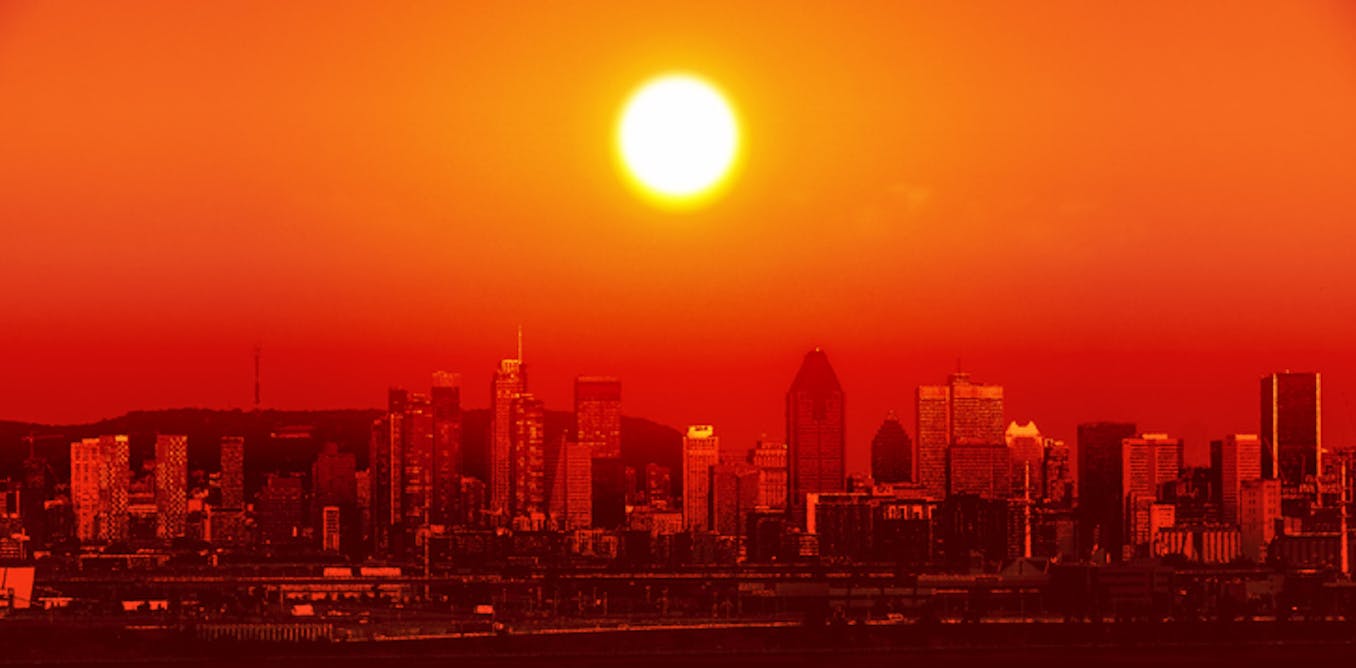






















Leave a Reply